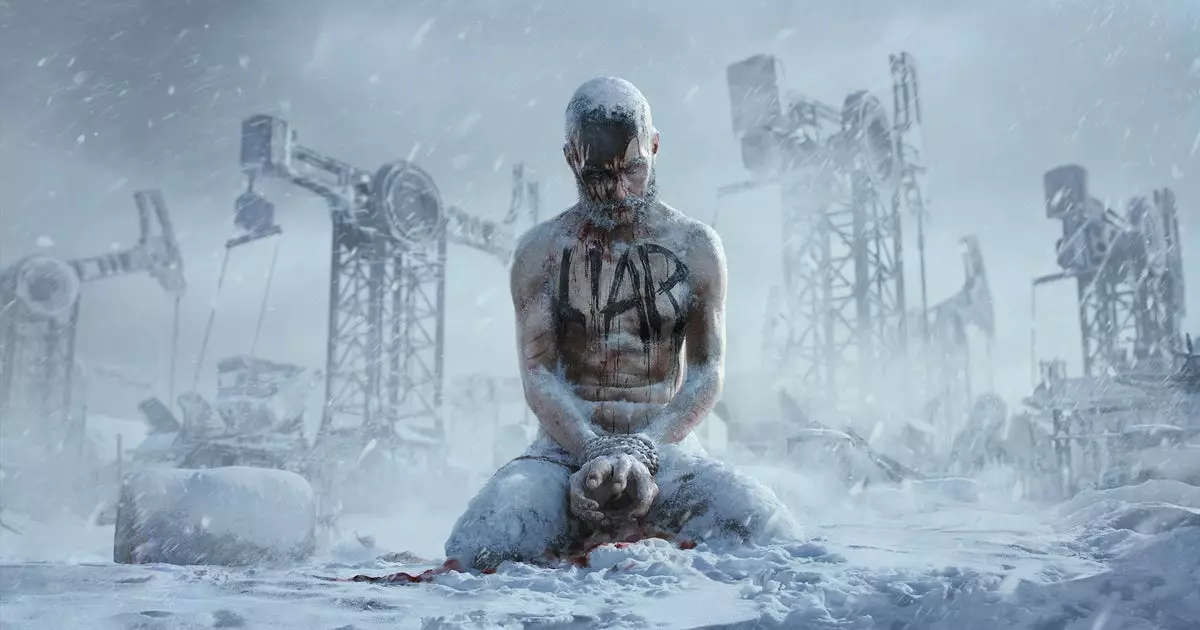11 Bit Studios, the creators of the critically acclaimed Frostpunk series, recently made headlines with the abrupt cancellation of Project 8, a console-centric title that had been in development since early 2018. This decision has significant implications, not only for the studio but also for the gaming industry at large, highlighting trends in player preferences and the pressing issues developers face in today’s unpredictable market.
11 Bit’s decision to cancel Project 8 stems partly from what the studio describes as “shifting market trends.” This phrase raises important questions about the evolving interests of gamers. The assertion that players are losing enthusiasm for narrative-rich experiences suggests that the gaming community may be pivoting towards more action-oriented or multiplayer games. This marks a departure from the once-popular trend in gaming where deep, immersive storylines held sway. The transformation of player engagement suggests a possible oversaturation of narrative-driven content, where gamers prioritize gameplay mechanics and competitive elements over storytelling.
Furthermore, it is essential to consider the broader implications of this shift for future game development. If the demand for narrative adventures is waning, developers may find themselves in a precarious position, weighing creative aspirations against commercial viability. Such a scenario raises concerns not only about the future of story-rich titles but also about the diversity of narratives represented in gaming. This situation presents a challenge that needs a clearer understanding of what today’s gaming audience truly desires.
The complexities surrounding Project 8 did not merely arise from the market’s evolving preferences. Przemysław Marszał, president of the management board at 11 Bit, acknowledged the myriad of development hurdles compounded by the COVID-19 pandemic. The disruption caused by the global health crisis exacerbated existing issues like team stabilization and resource allocation, which are critical to the timely completion of game development projects.
This adds another layer of understanding to the cancellation of Project 8. The pandemic-induced environment, where remote work became prevalent, often leads to communication breakdowns and decreased morale within teams. These challenges can significantly delay projects and inflate costs, making it even harder for development teams to meet deadlines while adhering to budgets. As budgets swell and timelines stretch, studios must increasingly scrutinize the profitability of continuing projects, weighing potential losses against the benefits of releasing a title that may no longer resonate with the market.
A Focus on Internal Restructuring and New Directions
As 11 Bit Studios embarks on a restructuring journey following the cancellation, the studio’s strategic outlook remains focused on innovation and adaptation. While layoffs are unfortunately a consequence of this decision, it is worth noting that over half of the Project 8 team has been offered opportunities to transition to other layers of the organization. This reflects an adaptive strategy that aims not only to retain talent but also to bolster other projects currently in the pipeline—possibly including unannounced games that could reshape the studio’s portfolio.
This approach embodies a cautious optimism. It suggests that 11 Bit recognizes the need to pivot in response to market feedback while still leveraging the skills of its dedicated workforce. The possibility of diversifying their offerings could lead to fresh opportunities and a revitalization of the studio’s identity, potentially resonating with a broader audience in the process.
The Future for 11 Bit Studios
In the wake of the cancellation of Project 8, observers of the industry should remain attentive to how 11 Bit navigates its next steps. With the broadening scope of games like Frostpunk 2 and upcoming projects such as The Alters, the studio still holds promise in retaining player engagement in innovative ways. However, this promise comes with the responsibility of understanding and reacting to the rapidly changing gaming landscape.
The implications of these transitional phases at 11 Bit Studios extend beyond the studio itself; they reflect a wider trend within the gaming industry where the equilibrium between creativity, player interest, and commercial success hangs in the balance. The anticipation surrounding future titles, particularly those that may focus on the core values of gameplay rather than solely on narrative, will be key to observing how this well-regarded studio adapts and thrives in the years ahead.
Ultimately, while Project 8’s cancellation is a setback for 11 Bit, it is also an opportunity to redefine its approach, recalibrate its goals, and hopefully emerge stronger in this volatile environment.


Leave a Reply